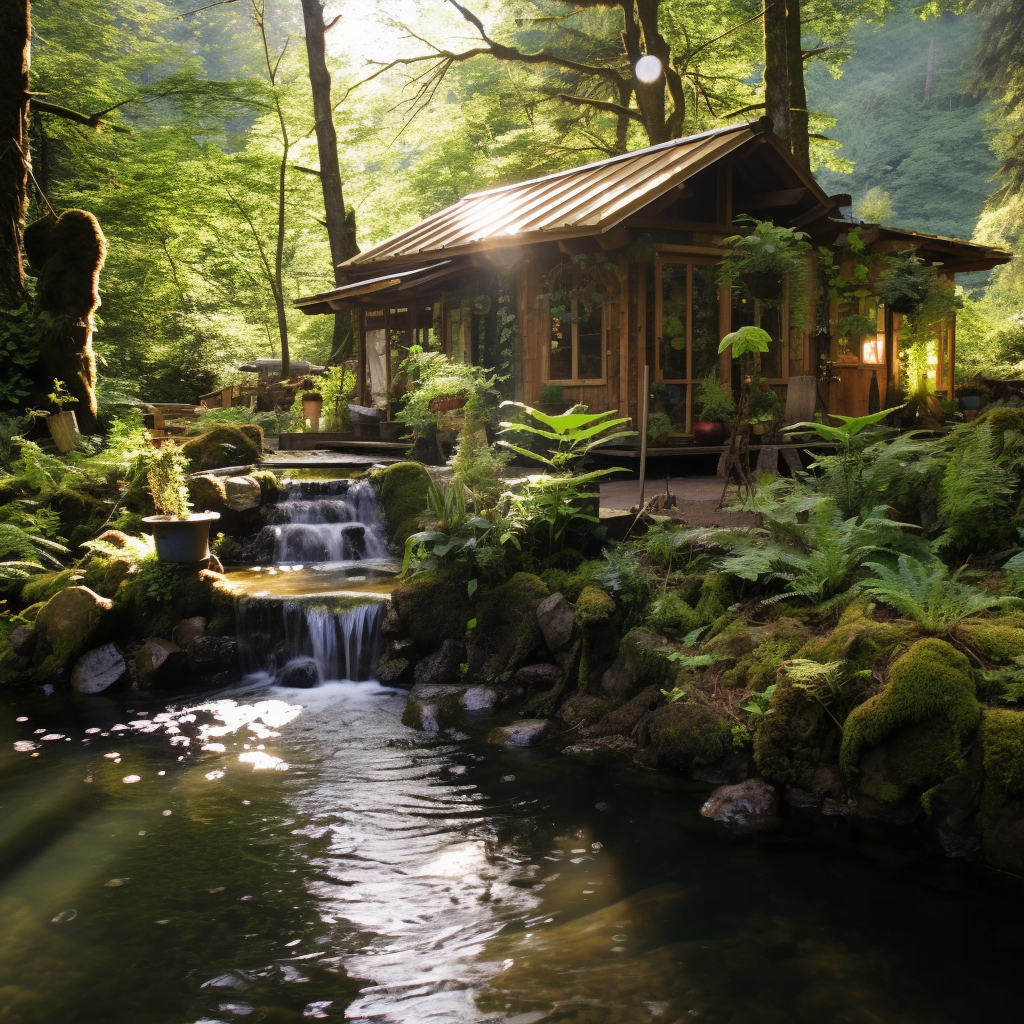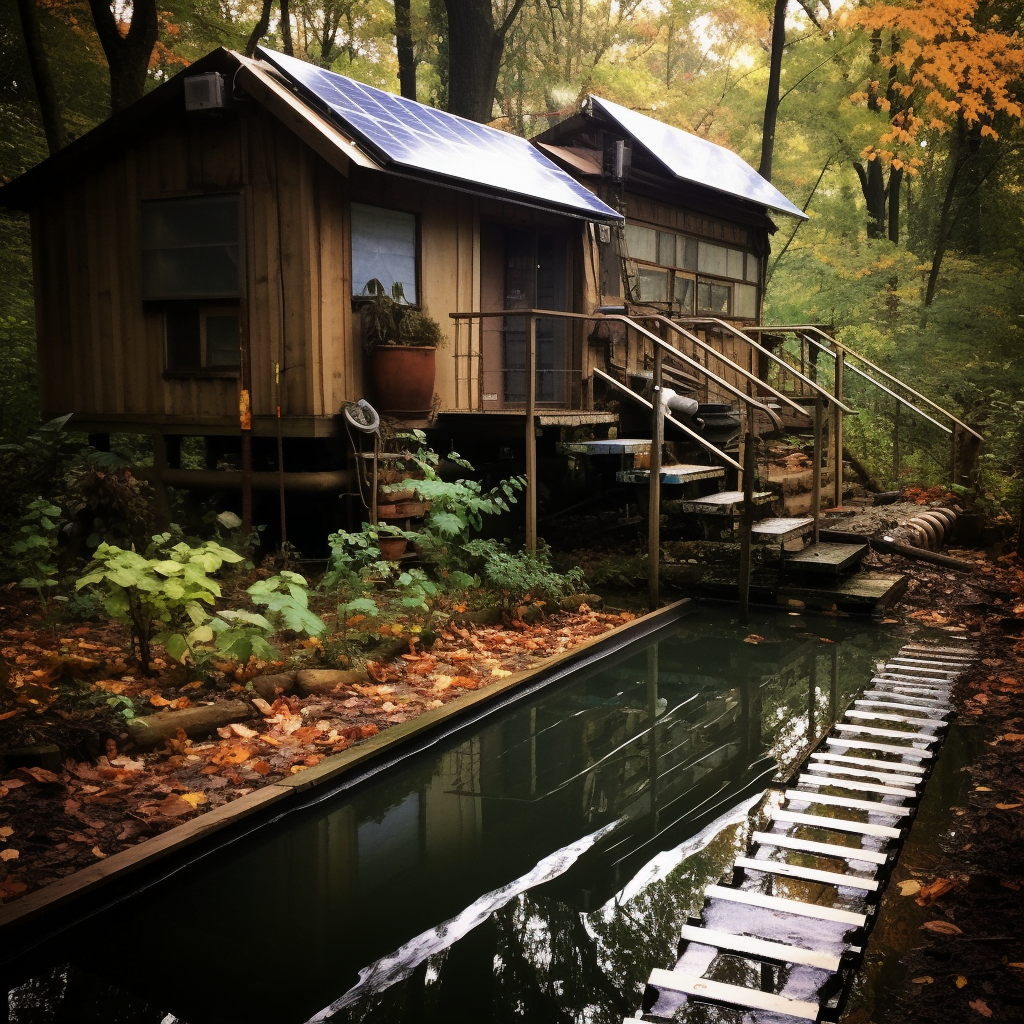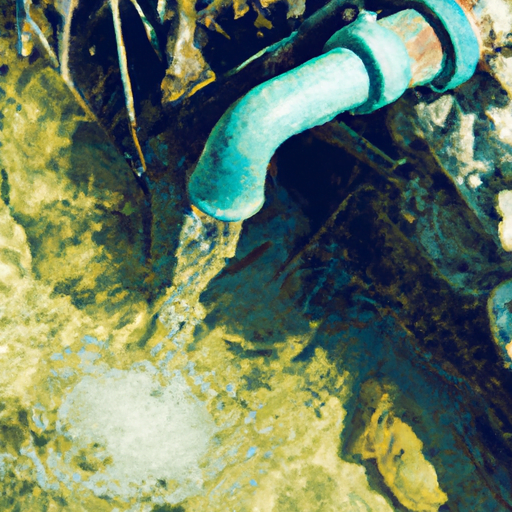So, you’re interested in living off the grid? That’s awesome! There’s something so liberating about disconnecting from the hustle and bustle of modern life and embracing a simpler, more sustainable way of living. One of the first things you might be wondering about is Where Can I Get Water Naturally?. Well, you’re in the right place! In this article, we’ll explore some of the natural water sources that can sustain you in your off-grid journey.
When it comes to living off the grid, water is crucial. You need it for drinking, cooking, cleaning, and even bathing. Luckily, Mother Nature provides us with various sources of water that you can tap into. From flowing rivers and streams to natural springs or rainwater harvesting, there are plenty of options available. In this article, we’ll dive deep into each of these sources and discuss how you can make the most of them in your off-grid lifestyle.
Whether you’re planning to live in a rural area with abundant lakes and rivers or in a more arid region with limited water sources, there are ways to make it work. We’ll provide you with tips and techniques for finding, collecting, and storing water from these natural sources. Plus, we’ll discuss the importance of water conservation and how to ensure that you’re using this precious resource responsibly. So, if you’re ready to learn more about exploring natural water sources for off-grid living, let’s dive right in!
Exploring Natural Water Sources for Off-Grid Living
Living off-grid offers a sense of freedom and self-sufficiency that is hard to find in the modern world. It allows you to disconnect from the grid, reducing your reliance on traditional utilities and embracing a more sustainable lifestyle. However, one of the key challenges of off-grid living is having access to water. In this article, we will explore the different natural water sources available for off-grid living and discuss how to choose the right one for your needs.

Understanding Off-Grid Living
Before delving into the various natural water sources, it is important to understand what off-grid living truly means. Living off-grid refers to being self-sufficient and disconnected from public utilities such as electricity and water supply. Off-grid living allows you to rely on alternative energy sources like solar panels or wind turbines for your electricity needs. It also involves finding alternative water sources to meet your daily needs.
Off-grid living presents both advantages and challenges. On one hand, it frees you from the constraints of the grid and gives you the opportunity to live in harmony with nature. You have the chance to reduce your carbon footprint and live a more sustainable lifestyle. However, it also requires careful planning and considerations to ensure you have access to essential resources like water.
The Importance of Access to Water
Water is a basic necessity for survival, regardless of whether you live on or off the grid. However, for off-grid living, access to water becomes even more critical. Unlike in urban areas where water is readily available through municipal supply, off-grid living requires you to find and manage your own water sources.
In remote locations where off-grid living is common, accessing water can be a challenge. It may be difficult to find a reliable source of clean water, and the lack of access to water can significantly impact your daily life. It is essential to explore natural water sources to ensure you have a sustainable and reliable supply.
Exploring Different Natural Water Sources
Rainwater Harvesting:
Rainwater harvesting involves collecting and storing rainwater for later use. It is one of the most accessible and sustainable options for off-grid living. The benefits of rainwater harvesting include reducing reliance on external water sources, minimizing the strain on natural water resources, and saving money on water bills.
Implementing a rainwater collection system can be as simple as placing barrels or tanks beneath your roof’s gutters to catch rainwater. The collected rainwater can then be filtered and treated for various uses, including drinking, cooking, and gardening.
Surface Water from Rivers and Streams:
If you are fortunate enough to have access to rivers or streams near your off-grid location, surface water can be a valuable natural water source. However, it is crucial to implement proper filtration and purification techniques before using this water for drinking or cooking.
Surface water can be filtered using various methods, such as using sediment filters, activated carbon filters, or ceramic filters. It is essential to understand the potential contaminants in the water source and choose the appropriate filtration method accordingly.
Underground Water Sources:
Another natural water source to explore for off-grid living is underground water. This water is typically accessed through wells or boreholes. It is important to locate and tap into underground water sources properly to ensure a sustainable supply.
To access underground water, you may need professional help to drill a well or borehole. Once the water is extracted, it should be tested and treated to ensure its safety for consumption. Regular maintenance of the well or borehole is also necessary to keep the water source reliable.
Natural Springs:
Natural springs are another valuable source of natural water for off-grid living. Springs are formed when groundwater reaches the surface naturally. They offer a constant supply of clean and naturally filtered water.
When using natural springs, it is crucial to ensure their safety and quality. Regular testing for contaminants should be done, and if necessary, appropriate treatment methods should be employed. It is also important to protect the spring’s surroundings to prevent pollution and maintain the water’s purity.
Collecting Water from Lakes and Ponds:
If you have access to nearby lakes or ponds, they can also serve as natural water sources for off-grid living. However, caution must be exercised when using lake or pond water for drinking or cooking purposes. Proper filtration and treatment methods are necessary to ensure the water’s safety and prevent contamination.
Considerations for Choosing the Right Water Source
When choosing the right water source for off-grid living, several factors should be considered:
Water Quantity and Reliability: Ensure that the water source can provide a sufficient and consistent supply of water for your needs throughout the year.
Water Quality and Purity: Conduct regular tests to ensure that the water is free from contaminants and safe for consumption.
Sustainable Water Management Practices: Consider the impact of your water usage on the environment and adopt practices that promote long-term sustainability.
Factors for Long-Term Sustainability: Assess factors such as accessibility, maintenance requirements, and potential challenges in the chosen water source to ensure its viability in the long run.

Conclusion
Access to water is vital for off-grid living, and exploring natural water sources is essential to ensure a sustainable and self-sufficient lifestyle. Whether through rainwater harvesting, surface water, underground water, natural springs, or lakes and ponds, each water source comes with its own considerations and requirements. By carefully choosing the right water source and implementing appropriate filtration and treatment methods, you can enjoy a reliable and clean supply of water for your off-grid living needs. Embrace the adventure of exploring and utilizing the abundant natural water sources available to you and live a truly self-sustainable lifestyle off the grid.





